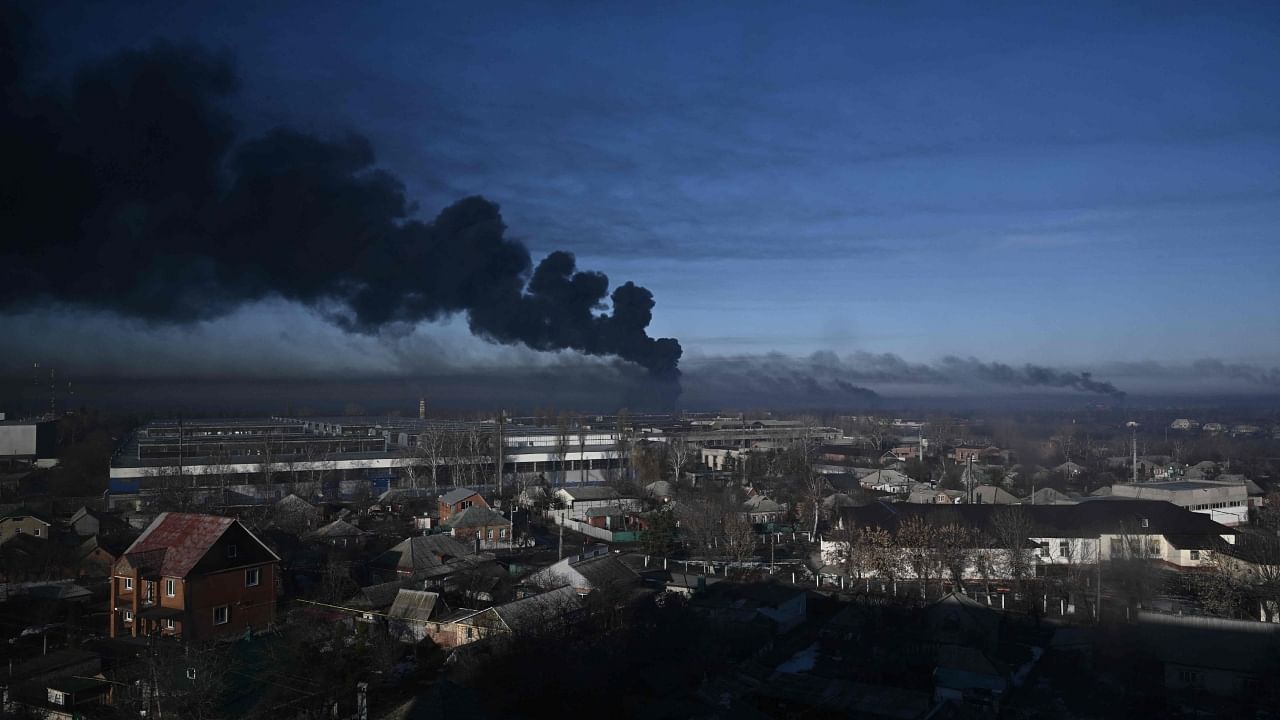
It has been a year since Russia invaded Ukraine. The war has inflicted heavy costs. According to one estimate, around 100,000 Ukrainian troops have been injured or killed in the war. Countless civilians have lost their lives, many of them in the Russian bombardment of Ukrainian cities. Over 8 million Ukrainians have been displaced. Buildings, bridges, powerlines and roads have been completely destroyed. Russia has not disclosed the full magnitude of its losses so far, but it is evident that these are not small. A comparison with its invasion of Afghanistan is telling. The decade-long Soviet occupation of Afghanistan resulted in some 15,000 Soviet soldiers dying. Just one year of the Ukraine invasion has seen between 80,000-150,000 Russian soldiers die. The war has impacted not just the two countries and their neighbours but the entire world. It has disrupted global supply chains and has led to prices of fuel and foodgrains skyrocketing. It has triggered inflation and economic crises in many countries, including in South Asia. It is estimated that the war has cost the global economy well over $1.6 trillion over the past year.
Also Read | The war in Ukraine: Where is it heading?
Many predicted a short war when Russia invaded Ukraine on February 24 last year. As it turns out, this was wishful thinking. A year after the invasion, not only is the war showing no signs of ending but also, it is not even winding down. Rather, it seems set to escalate in the coming weeks and months, caught as the Russian President Vladimir Putin is in his own trap, unable to walk back or even enter into negotiations. Moscow has been pumping in more and more troops into Ukraine, and using ever-deadlier weapons against it. Ukraine, meanwhile, has received shipments of sophisticated artillery, main battle tanks, air defences, and shoulder-fired missiles as well as billions of dollars of pledged resources from the western powers. This could shift the balance in its favour. But that could prompt Putin to engage in ever-deadlier military adventurism, including reaching out for the nuclear button.
While the West and Russia wrestle it out over Ukraine, it is perhaps China that will come out the winner. Beijing has not voted ‘yes’ on UN resolutions against Russia, but its abstention has provided enough cover for Kremlin. Its top officials have visited Moscow and displayed solidarity with Russia with effusive rhetoric. But China is worried about this endless war as a weakened Russia will not be of much help in Beijing’s challenge to US hegemony. Such concerns may underlie Chinese interest in playing peacemaker. Whether it will be accepted as an honest broker by the Ukrainians remains to be seen. Yet, China may be the only power that has Putin’s ear.